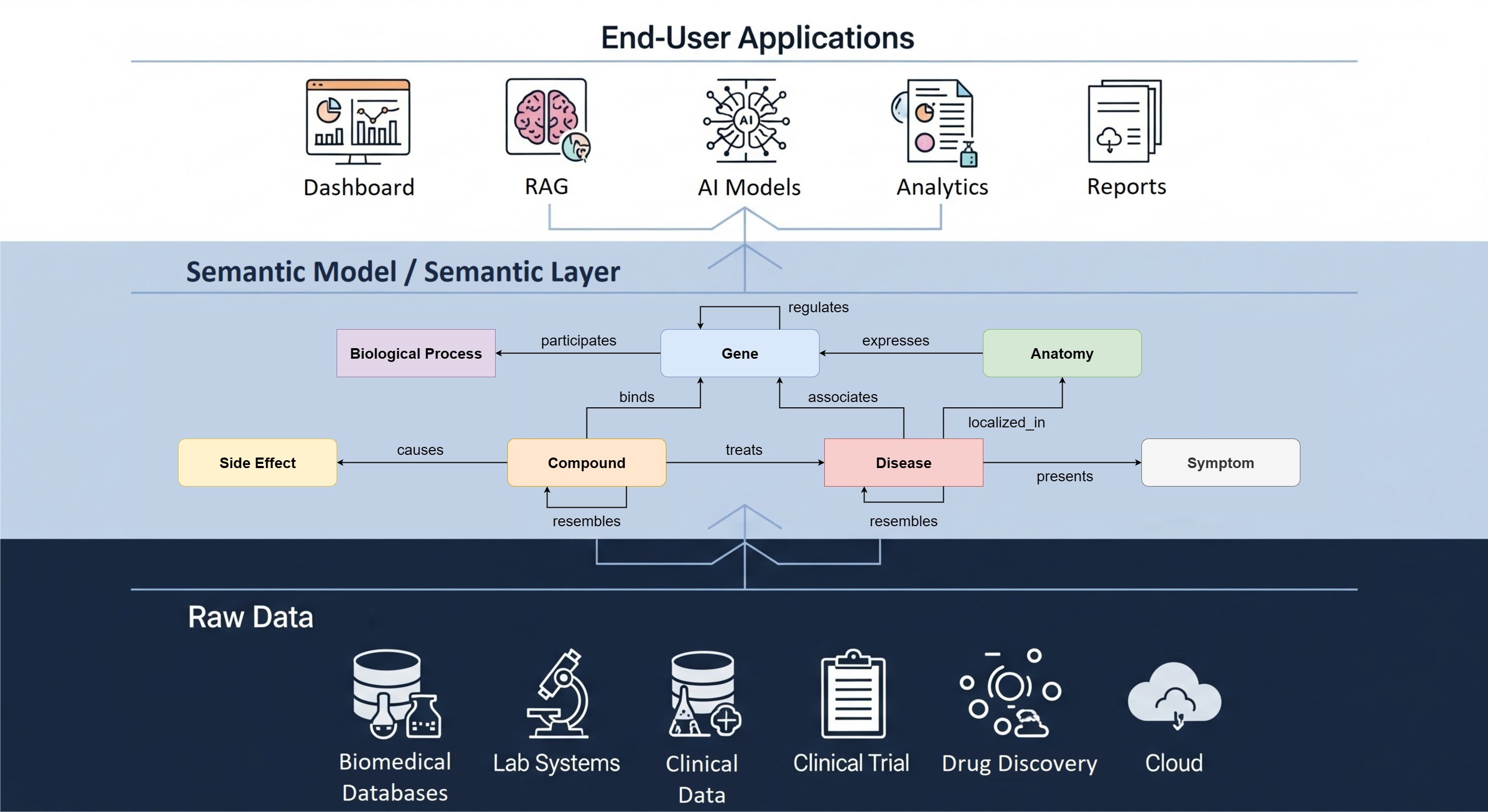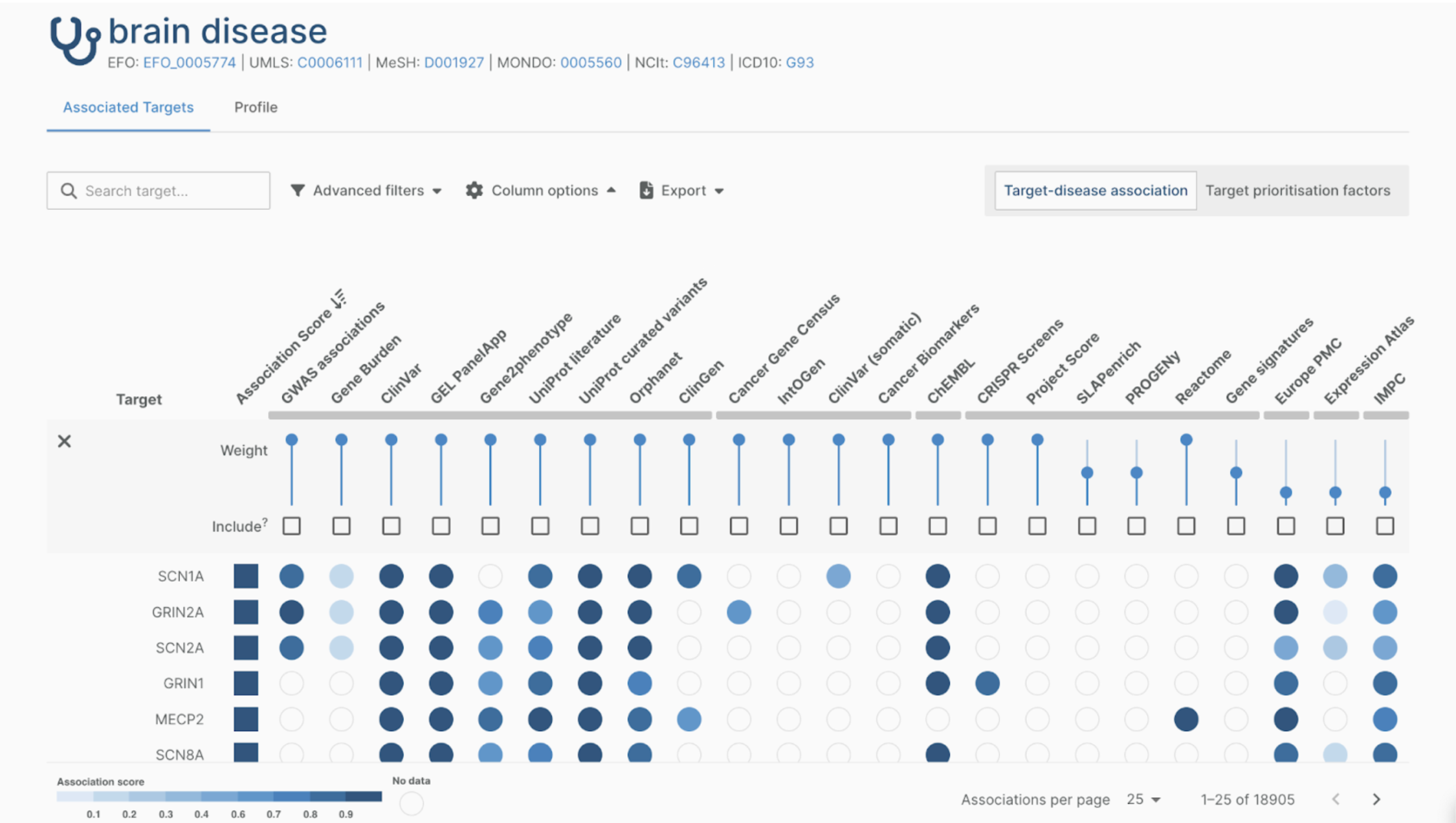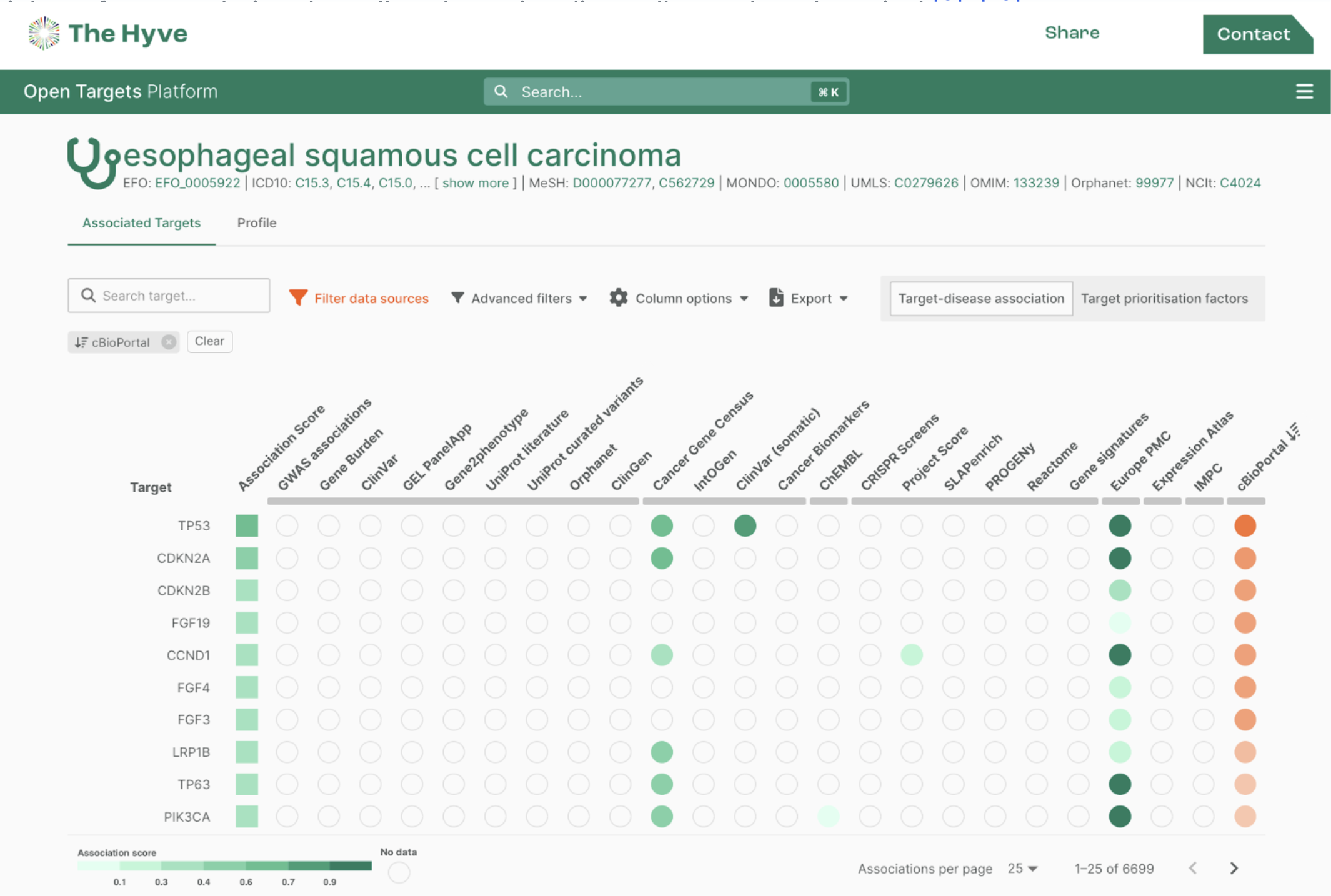Open science is an important driver for The Hyve, the OHDSI community and the EHDEN project. It is a broad movement that seeks to address a number of perceived problems in science, such as lack of reproducibility and transparency, poor statistical designs and publication bias, by striving for openness and accessibility of the scientific discourse at all levels and all stages of research. Recent advances in open science and research data management practices such as the FAIR principles have found widespread adoption by funding agencies and government institutions, like the European Commission’s Horizon programmes, the American National Institutes of Health (NIH) and the European Bioinformatics Institute (EBI).
Recently, The Hyve has participated in and co-organized a specific type of open science event called a studyathon. Since there is still relatively little information available on studyathons and how they work in practice, the OHDSI community is developing documentation and publications on this topic. In the meantime, this blog aims to provide a quick overview of how OHDSI studyathons work in practice.
A studyathon is a focused multi-day meeting to generate medical evidence on a specific topic across different countries and health care systems. In a studyathon, three groups work together to achieve the end result, which should be a significant contribution to medical research and medical practice. The three groups participating in a studyathon are a literature review and clinical research group, a phenotype development group and a study execution group.
- The literature review and clinical research group focuses on defining a research question that is relevant, specific and timely, given the state of the art in medical research and the potential data that participants can contribute to the studyathon. This generally follows one of the three types of research questions (as further explained in the Book of OHDSI Part IV):
- Characterization: characterizing populations through the use of descriptive statistics to generate hypotheses about the determinants of health and disease, and to understand clinical outcomes of specific groups in the population.
- Population-Level Estimation: the estimation of average causal effects of exposures (e.g. medical interventions such as drug exposures or procedures) on health outcomes of interest (e.g. the safety or effectiveness of drugs or other treatments).
- Patient-Level Prediction: the prediction of future health outcomes from existing patient-level data to support clinical decision making and risk evaluation, and the validation of such prediction models.
- The phenotype development group translates the research question into a number of specific cohort definitions, which can then be used to execute the study. This group needs to balance the −often elaborate− wishes of the clinical research group in terms of characterizing populations and outcomes with the actual data available in the participating databases.
- The study execution group translates the research question into code, building on the OHDSI analytics tools and specifically the method library, and using the concept and cohort definitions developed by the phenotype development group. This task also requires recruitment and coordination of all the databases participating in the studyathon. Often, studyathons attract data sources in OMOP that are outside of the initial organizing group but are also interested in the question and happy to participate with the data they have access to.
Prostate cancer studyathon
To provide a concrete example, let’s take a look at the recent PIONEER / EHDEN / OHDSI studyathon on prostate cancer:
- The decision was made to focus on two research questions. Firstly, the clinical characterization of prostate cancer patients managed with the treatment paradigm of watchful waiting. Secondly, the prediction of outcomes that these patients have given their co-morbidities.
- Phenotype definitions were built to support execution of the characterization study in practice, with cohort definitions such as ‘all patients with initial confirmed diagnosis of prostate cancer’, ‘patients treated under active surveillance’, ‘patients treated under watchful waiting’, etc.
- A study package was created to execute this study in a number of large American and European claims databases, but also in electronic health records (EHRs) of multiple participating hospitals (e.g. from New York and Bordeaux) and registries (such as the Netherlands Cancer Registry and the U.S. Veterans Administration).
A studyathon is a great way to quickly build momentum within an open science environment and to work towards outcomes of concrete medical and/or scientific value. Because of its open and multidisciplinary nature, it is especially of interest for precompetitive and multidisciplinary projects such as those funded under the Horizon 2020 programme.
So far, The Hyve has participated in several OHDSI studyathons, like the OHDSI COVID-19 studyathon, and recently had an organizing role in the prostate cancer studyathon mentioned above. Of course, this work is only possible thanks to the many collaborators and partners across the OHDSI community, the IMI EHDEN and IMI PIONEER projects and others.
Every studyathon is different and comes with its own challenges and dynamics. The prostate cancer studyathon in March 2021 was held virtually, and this posed a challenge because you miss the interactions that come naturally when meeting in person. However, Ariel Achtman from Movember introduced new ideas on how to activate us as a group and encourage everyone to participate. Also, active involvement of patients in the studyathon provided a unique angle on the personal relevance of the research questions at hand.
We are very supportive of this new development and curious to see how studyathons can be used to further develop and promote open science for our customers and in the projects we are involved in!


